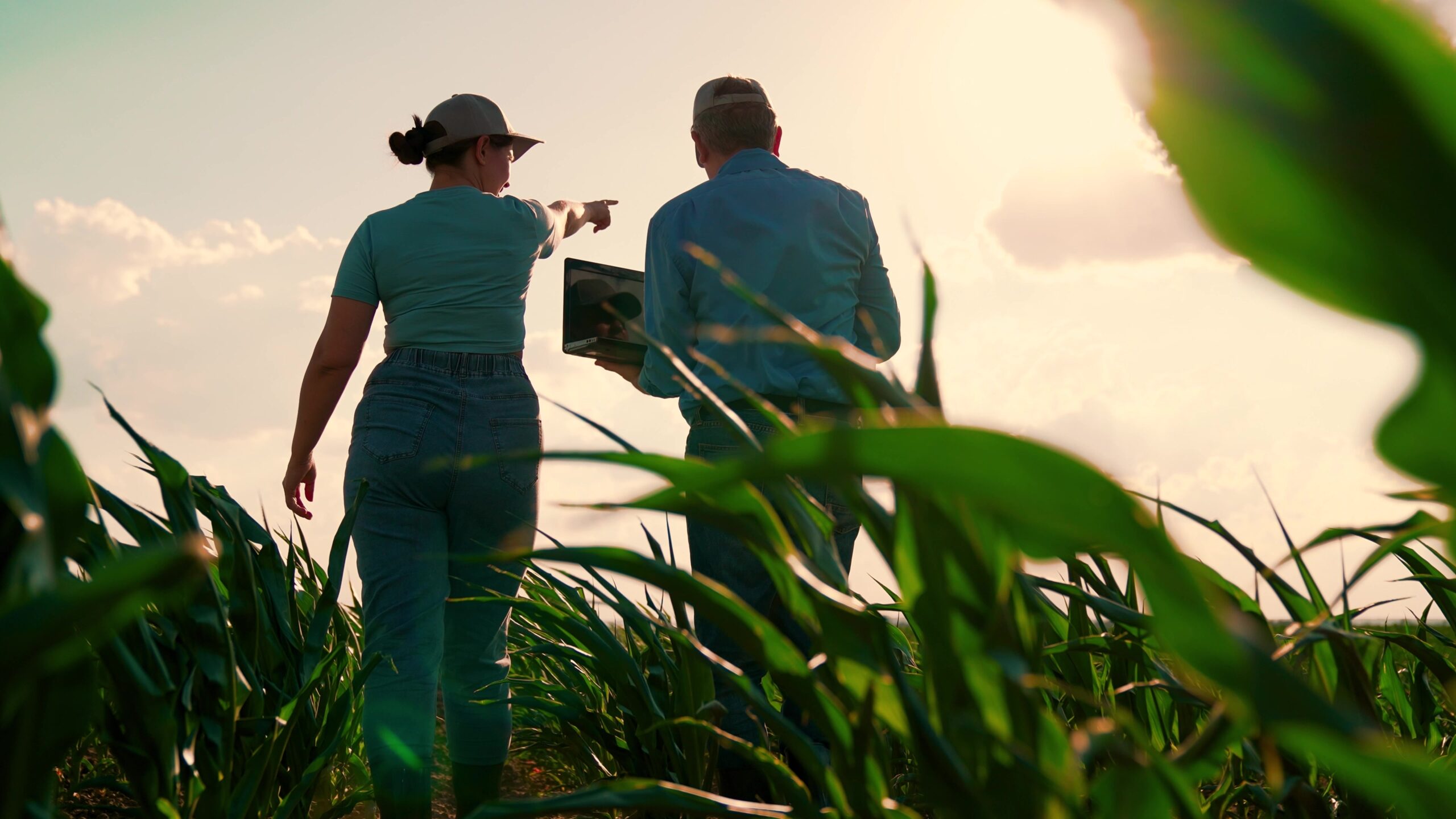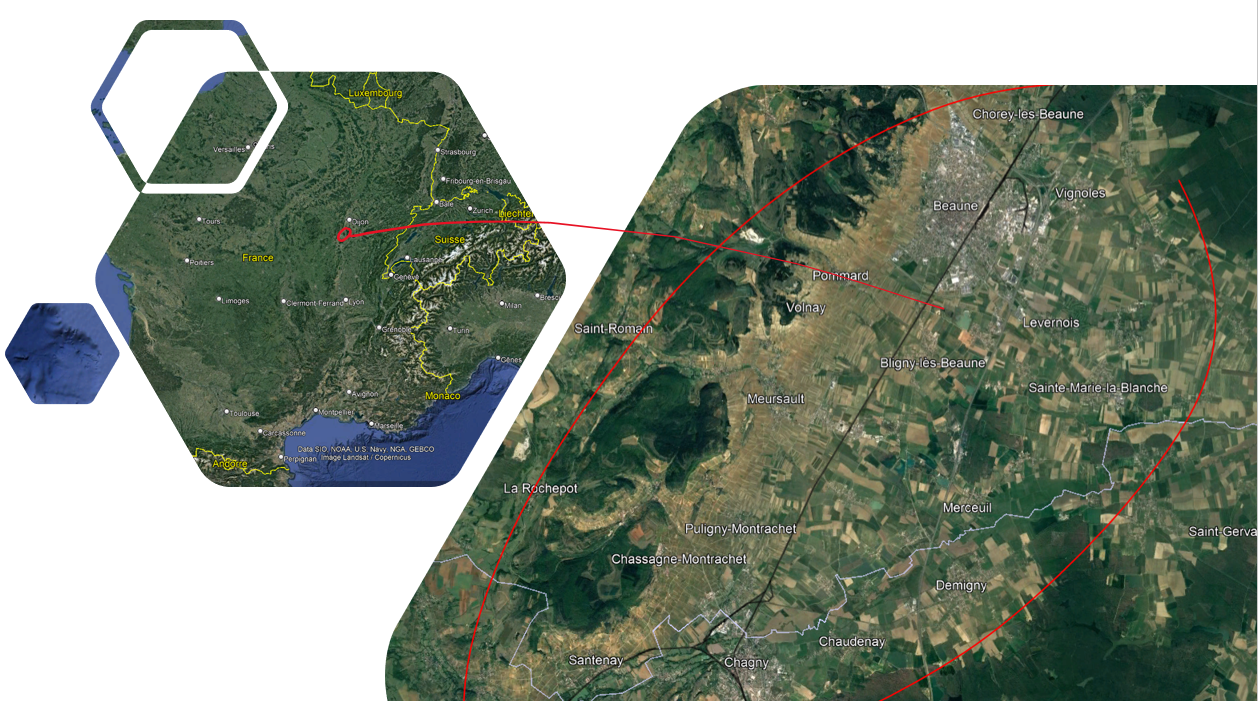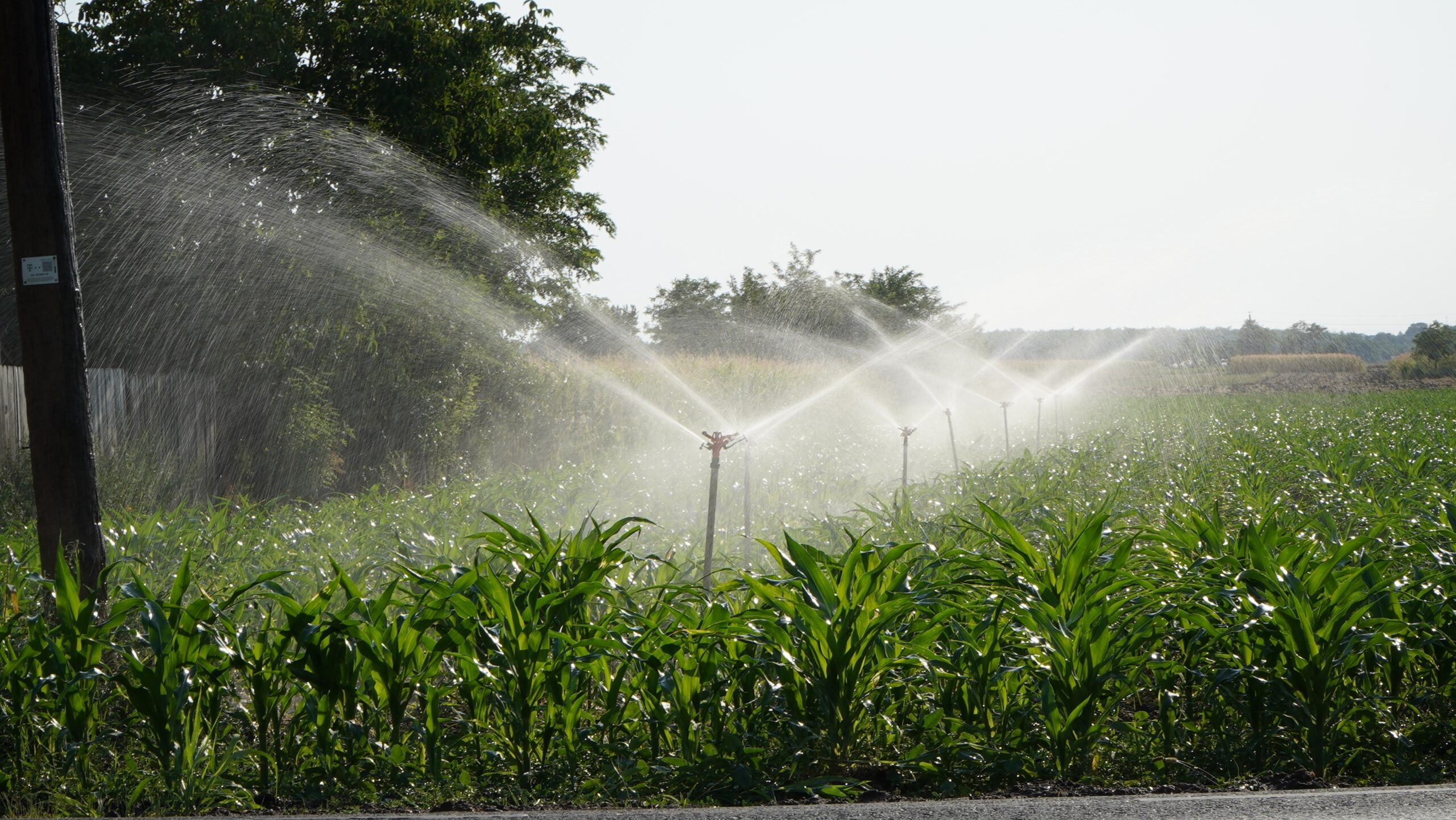
New strategic clustering activities established
The MAGDA project aims to improve meteorological assimilation for agriculture through the use of advanced GNSS and drone technologies. To maximise the visibility and application of its innovative solutions, the project aims to broaden its outreach and develop synergistic partnerships. MAGDA’s comprehensive cluster strategy links the project with initiatives and key stakeholders, promoting synergies and opportunities for collaboration.
MAGDA COSPACE Project Group
The project group “COSPACE – Collaborative Organization of remote Sensing and other Practical Applications for Clustering Exploitation” has successfully been formed with a group of total 5 EU-funded innovation projects, MAGDA, RESPONDENT, SWIFTT, 100KTREEs, and BUILDSPACE

All the projects in the project group are funded under the “HORIZONEUSPA-2021-SPACE-02-51 – EGNSS and Copernicus applications fostering the European Green deal”.
RESPONDENT
The RESPONDENT project, through the utilisation and leveraging of both Galileo and Copernicus systems and services, aims to develop and promote the integration of RES into Europe’s existing power grids, as well as to demonstrate their viability and reliability compared to traditional sources of energy that are wreaking havoc on global temperatures and accelerating the most destructive impacts of our rapidly changing climate. Led by Future Intelligence Ltd (FINT), the RESPONDENT consortium consists of experts in the fields of energy transition, information and communication technologies, construction, research, and more, made up of 8 partner organisations from 3 countries across Europe
SWIFT
The SWIFTT Project will provide forest managers with affordable, simple and effective remote sensing tools backed up by powerful machine learning models. Their solution will offer a holistic health monitoring service using Copernicus satellite imagery to detect and map the various risks to which forests and their managers are exposed. Forests around the world provide home and livelihood not only to billions of people, but also to the majority of Earth’s biodiversity. However, the ever more frequent extreme weather events make trees even more vulnerable to several threats, such as insect outbreaks, windthrow and forest fires. With early and targeted action, these threats can be contained, and the ecological and economic impacts can be reduced. This is SWIFTT’s goal: to provide affordable, simple, and effective remote sensing tools to monitor forests at risk across Europe, using Copernicus Sentinel satellite imagery and powerful machine-learning models. SWIFTT will allow forest managers to deal with threats in a proactive and efficient manner, allocating the proper resources for prevention and mitigation. SWIFTT will make Europe, and the world, better positioned to preserve forests, biodiversity, and to combat climate change.
BUILDSPACE
The BUILDSPACE project aims to couple terrestrial data from buildings (collected by IoT platforms, BIM solutions and other) with aerial imaging from drones equipped with thermal cameras and location annotated data from satellite services (i.e., EGNSS and Copernicus) to deliver innovative services for the building and urban stakeholders and support informed decision making towards energy-efficient buildings and climate resilient cities. The platform will allow integration of these heterogeneous data and will offer services at building scale, enabling the generation of high fidelity multi-modal digital twins and at city scale providing decision support services for energy demand prediction, urban heat and urban flood analysis.
100KTREES
The ambition of the HORIZON Europe project 100KTREEs is to make cities a better and healthier place to live. The project will provide a Decision Support System for cities to improve air quality, biodiversity, human wellbeing and reduce climate risks by planting more trees. 100KTREEs will develop mapping and modelling tools to optimize the planting of trees and to monitor their health, based on satellite data from Copernicus EU space programme and in-situ data. Sofia (Bulgaria) and Copenhagen (Denmark) are the two metropolitan use cases where technical and socio-economic approach of 100KTREEs will be tested and demonstrated. The 100KTREEs team will support these cities by mapping the existing trees and by showing a solid business case for planting new trees, as well as attracting third party sponsorship to make it happen
Partnering with the TEMBO project in Africa
Another sister project is TEMBO Africa (Transformative Environmental Monitoring to Boost Observations in Africa), which aims to establish cost-effective sensor networks for monitoring hydrological variables across Africa. In July, a webinar was organised with MAGDA consortium partners and recent MAGDA activities were presented to TEMBO project partners to assess possible synergies with TEMBO in Africa.
.
TEMBO project
The TEMBO project focuses on setting up cost-effective sensor networks in Africa, aimed at enhancing environmental monitoring through innovative methods. These methods allow for the measurement of crucial hydrological variables such as rainfall, soil moisture, river flow, and bathymetry at significantly reduced costs. Our ambition is to close the environmental in situ data gap in Africa. To fulfil this ambition our general objective is to have cost-effective innovative sensor networks that can be financed by the climate services we develop using these sensors.
Links
https://respondent-project.eu/
https://www.buildspaceproject.eu/
Keywords
stakeholder engagement, project clustering, project group, meteorological assimilation, advanced GNSS, drone technologies


